Evening Meetings: Monday, Nov. 17 and Dec. 15
Parent Support Meeting: 7-8pm
DD-MD Business Meeting: 8-9pm (all are welcome to attend)
Patuxent Presbyterian Church, 2341 Kingston Creek Road, California, Md 20619
Laura Schultz
Daytime Meetings: Friday Nov. 21
DD-MD Business Meeting, 10am-12:00
Leonardtown Library Meeting Room
Please join us to learn more about dyslexia, pick up pamphlets and flyers and learn about websites and resources to help your student do well in school and life.
Students with dyslexia are creative, intelligent, big picture thinkers and, even though they struggle to read and write the way public schools teach, they will do well if the adults in their life focus on their strengths.
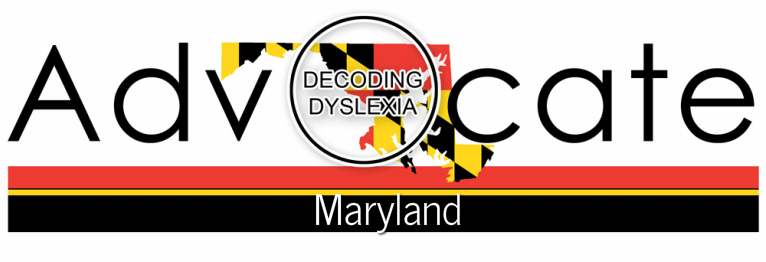
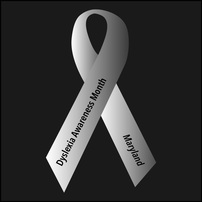


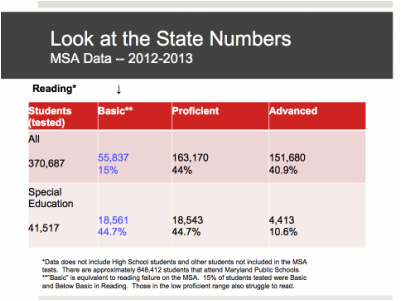
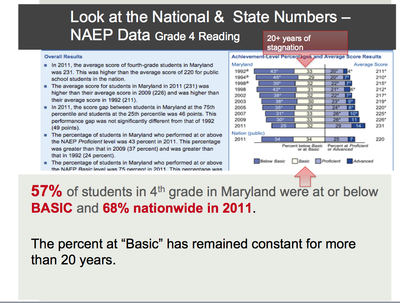
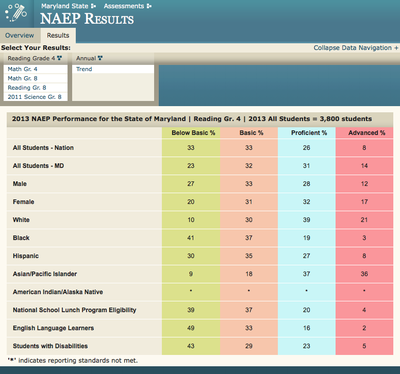
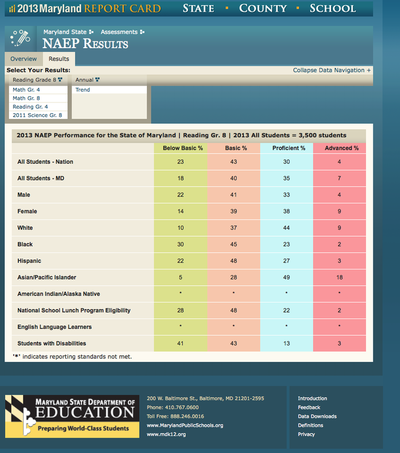
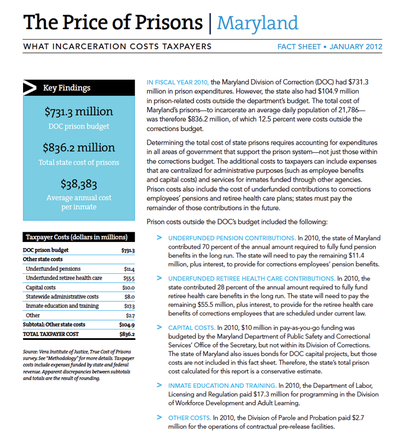

 RSS Feed
RSS Feed